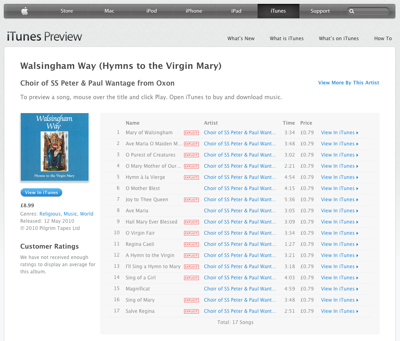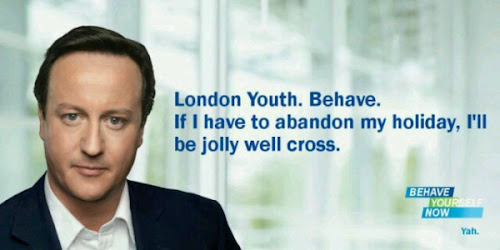On Sunday 19th June, I am fronting the BBC Radio Stoke Programme "In praise of God" which was recorded just a couple of weeks earlier.
Here follow my words, or at least the draft of what I said.
You can listen to the full programme here
Sacred Heart is a very popular name for a Catholic Church - we have three in North Staffordshire alone (Silverdale, Tunstall and Hanley) - but it is one you hardly come across elsewhere. In fact post to our Church is often addressed to the "Scared Heart" - which conjurs up all sorts of strange pictures, in my mind at least.
So today I want to explore how this image of God's love, so characteristic of Catholics, is something which really all Christians can share.
---

Don’t you think its funny how we describe people and things by just by referring to parts of the human body?
We might say to someone “I’ve got my eye on you” or tell them “You haven’t got the guts”. If someone is “cheeky”, “mouthy” or “nosey” we may say they are “a pain in the neck” or that we “hate their guts” or that they need a “kick up the backside”.
If someone “gives you the elbow” you may need “a shoulder to cry on”. You could feel “fed up to the back teeth” or you could just decide to “take it on the chin”.
And some of these sayings come from religion itself. To “turn the other cheek” comes from Jesus’ teaching in the sermon on the mount; to “get down on our knees” is a reference to confession and prayer.
And sometimes these expressions go far deeper. We feel fear in the pit of our stomachs - we really do. St Paul spoke about being moved in his bowels with affection for the Churches (a phrase usually translated more delicately in modern Bibles).
But he part of the body understood by everyone as the seat of the emotions and symbol of love, is of course the Heart.
Lovers carve their names around a heart. Cities advertise their attractiveness with a heart. It is a simple shape to draw and one which is instantly recognised.
Why? Because without the heart they can be no life, and without love, human life is dry and fruitless. When we fall in love the heart beats faster. When we moved with emotion, the heart races. Our feelings our rooted in our hearts. This is not just a symbol - but a truth.
And the expression is found in scripture too.
The prophet Jeremiah tells us “the law will be written on your hearts”.
The old man Simeon warns the young mother, Mary, that a “sword will pierce her own hear too” - and Jesus himself says “ I am meek and humble of heart”.
The heart is the greatest symbol of love - of human love and of God’s love, because it tells us that this is not an ideal, a principal or a law - but flesh and blood. Not an idea to be understood - but a life to be lived.
-------

One way to tell that a house is a practicing Catholic home will be that somewhere in that house will be a picture or statue of the Sacred Heart of Jesus. To those who aren’t Catholics it may seem very odd - it is clearly a traditional representation of Jesus, but he also seems to be pointing to his open chest and his beating heart. Not without reason have some, a little disrespectfully, seen the statue or picture and surmised that Jesus is saying “look at my operation”.
But this image of Jesus expresses something much deeper, of course than this first reaction. It is an image of God’s love - using the physical expression of the heart with which we are so familiar.
The reason why Catholics bless their homes with the Heart of Jesus is because this is not simply a symbol of the Love of God, as if it were some abstract idea, some principle or theology, or some wishfulness of prayer.
We worship God in this way because - as St John puts it - “The Word became flesh and dwelt amongst us”. The love that Christians talk about is no abstract idea, but a principle of life.
When Jesus teaches us about God’s law he makes it very simple - love God and love your neighbour - and these are not two loves, but the same love.
We believe in a God whose clearest and fullest expression is one who not only stilled the storm, and fed the 5,000 but even more importantly who suffered and died for us. Our God is one who shared our lives and who knows not only physical pain, but also the pain of desolation and sorrow as his followers deserted him. Christ, the Son of God, Word made flesh, is also the one who said ‘My God, My God, why have you forsaken me’?
He is a God who loves us, and love embraces joy and sorrow, plenty and poverty, sickness and health, fortune and adversity. Love is what we need more than anything when things are difficult. And this is no abstract idea, because this is what we mean when we speak of his Sacred Heart.
It is a heart which beats for us, a heart which suffers with us, a heart which bleeds for us, the Heart which loves us.
-----
Matthew 11:28-30
‘Come to me, all you who labour and are overburdened, and I will give you rest. Shoulder my yoke and learn from me, for I am gentle and humble in heart, and you will find rest for your souls. Yes, my yoke is easy and my burden light.’










